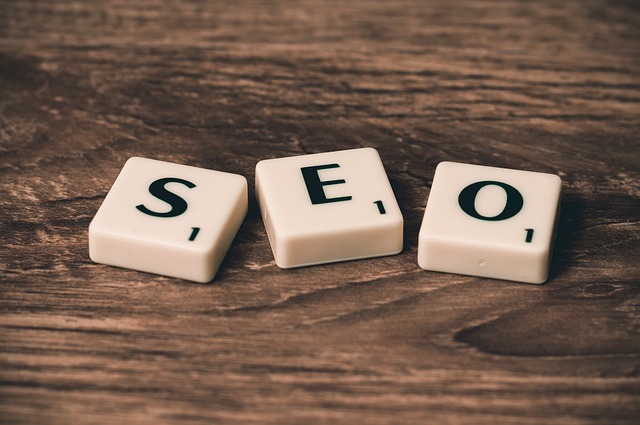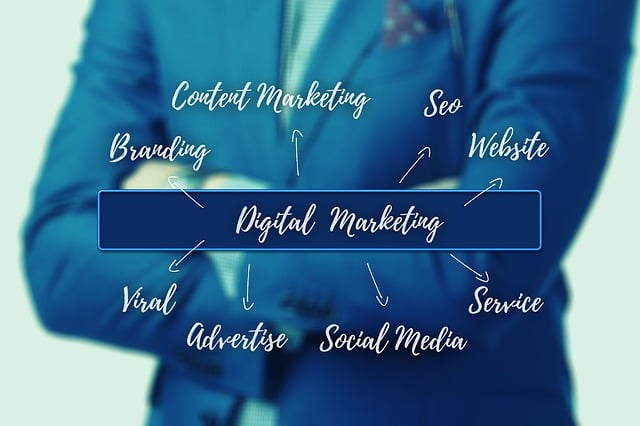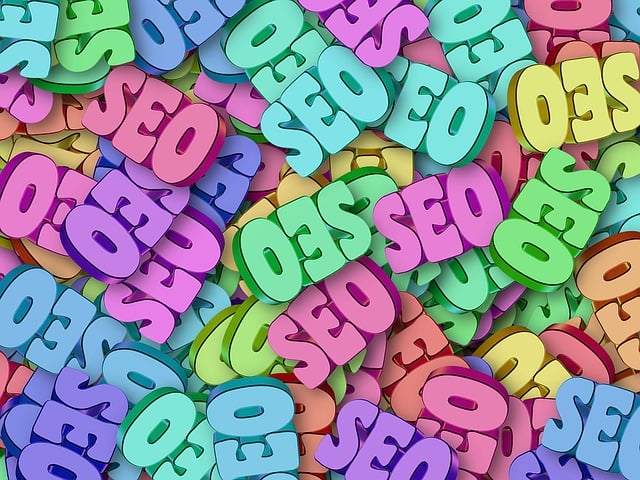Search Engine Marketing (SEM) has evolved dramatically since its early days, shifting from simple keyword optimization and black-hat tactics to advanced targeting methods. Modern SEM leverages SEO insights, user data, algorithms, and AI/ML for personalized, contextually relevant ads. Key milestones include the introduction of PPC, mobile-friendly design, and algorithms like Panda and Penguin. AI enhances SEO by analyzing vast data, improving search results, content strategies, and personalization, but presents challenges like algorithm complexity and constant adaptation. These developments, highlighted at events like the SEO Insights Event, position AI as a game-changer for dynamic, intelligent digital marketing in today's competitive landscape.
In an ever-evolving digital landscape, Search Engine Marketing (SEM) has undergone a remarkable transformation. This article offers a comprehensive journey through the history of SEM, from its early keyword-based beginnings to today’s sophisticated targeting methods. We explore key milestones and the innovations that have shaped the industry, delving into AI and machine learning’s pivotal roles, and their impact on search algorithms and personalization.
Furthermore, we dissect the rise of voice search optimization, semantic search, mobile-first indexing, and the strategies needed to stay ahead in an ever-changing SEO landscape. Future trends, including AR/VR and 5G’s potential, are also discussed, providing valuable insights for professionals navigating this dynamic field.
The Evolution of Search Engine Marketing: A Historical Perspective

Search Engine Marketing (SEM) has evolved dramatically since its inception in the early days of the internet. The concept emerged as a response to the growing need for targeted online advertising, with search engines like Google playing a pivotal role in connecting businesses with potential customers. Early SEM strategies focused on keyword optimization and pay-per-click (PPC) campaigns, providing a relatively straightforward approach to digital marketing.
Over time, as technology advanced and user behaviors changed, so too did SEM. The introduction of machine learning and artificial intelligence (AI) algorithms has enabled more sophisticated targeting options, personalized ad delivery, and real-time bid adjustments. This evolution has led to increased efficiency, better ROI, and a more immersive user experience. With each SEO Insights Event, industry professionals gather to exchange insights, discuss trends, and share best practices, reflecting the dynamic nature of this marketing field as it continues to adapt to the ever-changing digital landscape.
– Brief overview of early SEM strategies and their effectiveness.

In the early days of Search Engine Marketing (SEM), strategies were relatively simple and focused on keyword optimization and basic advertising models. Marketers would employ keyword stuffing techniques, cramming their content with relevant terms to ensure visibility in search results. This approach, while effective for initial rankings, often led to poor user experiences as websites became cluttered with keywords, making the content less readable and engaging. The primary goal was to secure high positions on search engine result pages (SERPs), aiming to attract click-throughs and drive traffic.
As SEO insights evolved, so did SEM strategies. Marketers began to understand the importance of quality content, user experience, and link building. This shift led to more sophisticated techniques like optimizing meta tags, creating informative content that answered user queries, and earning backlinks from reputable sources. These advancements revolutionized SEM, moving away from black-hat tactics towards a more holistic approach that focused on providing value to users, ultimately leading to improved rankings and increased conversions.
– Transition from keyword-based ads to more sophisticated targeting methods.

The evolution of Search Engine Marketing (SEM) has witnessed a significant shift from traditional keyword-based ads to more sophisticated targeting methods. This transition reflects SEO insights gained over the years, allowing marketers to reach audiences with greater precision and relevance. By leveraging advanced algorithms and consumer behavior data, modern advertising platforms can now cater to specific user preferences and contextual cues, ensuring that ads are not only seen but also engaging for the right people at the right time.
This new era of targeting goes beyond basic keywords, incorporating demographic information, location, browsing history, and even intent-based triggers. As a result, campaigns become more dynamic and effective, fostering stronger connections between brands and consumers. The shift towards sophisticated targeting methods is not just a trend but a necessary step to stay relevant in today’s digital landscape, where personalization and context are paramount.
– Key milestones and innovations that shaped the industry.

The journey of Search Engine Marketing (SEM) has been marked by numerous pivotal moments and groundbreaking innovations. One of the key milestones was the introduction of pay-per-click (PPC) advertising in the early 2000s, revolutionizing the way businesses could gain visibility online. This shift from traditional organic search results to a more dynamic, targeted approach laid the foundation for the industry as we know it today.
Over time, SEO insights have evolved significantly. The rise of mobile search and voice assistants demanded adaptations in strategies, leading to a focus on mobile-friendliness and natural language processing. Furthermore, algorithms like Google’s Panda and Penguin aimed to improve search quality by penalizing low-quality content and incentivizing high-quality, authoritative sources. These developments reflect the industry’s continuous evolution, ensuring that SEM remains a dynamic and essential component of digital marketing strategies.
AI and Machine Learning in SEO: Opportunities and Challenges

AI and Machine Learning in SEO present a double-edged sword. On one hand, these technologies offer unprecedented SEO insights, enabling marketers to understand user behavior, predict trends, and optimize content strategies with remarkable accuracy. At the SEO Insights Event, experts demonstrated how AI can analyze vast datasets to uncover hidden patterns and insights that were previously inaccessible. This revolutionizes keyword research, ranking factors, and even content creation.
However, challenges accompany these opportunities. The black-box nature of some AI algorithms raises concerns about transparency and accountability. Moreover, the constant evolution of search algorithms requires continuous adaptation and recalibration of SEO strategies. As AI and Machine Learning continue to shape the digital landscape, marketers must stay agile, embracing both the transformative power and the complexities that come with these innovative SEO tools.
– The role of AI in improving search algorithms and personalization.

Artificial Intelligence (AI) is transforming the landscape of search engine marketing by revolutionizing both search algorithms and personalization. AI-powered tools can analyze vast amounts of data to understand user intent better, resulting in more relevant search results. This enhances the overall SEO insights event by enabling marketers to create content and strategies that resonate with their target audience.
Furthermore, AI personalizes user experiences by tailoring search results based on individual browsing history and preferences. This level of customization not only increases user satisfaction but also drives higher engagement and conversion rates. As AI continues to evolve, its role in shaping the future of SEO will be pivotal, offering dynamic and intelligent marketing solutions for businesses operating in today’s digital era.
